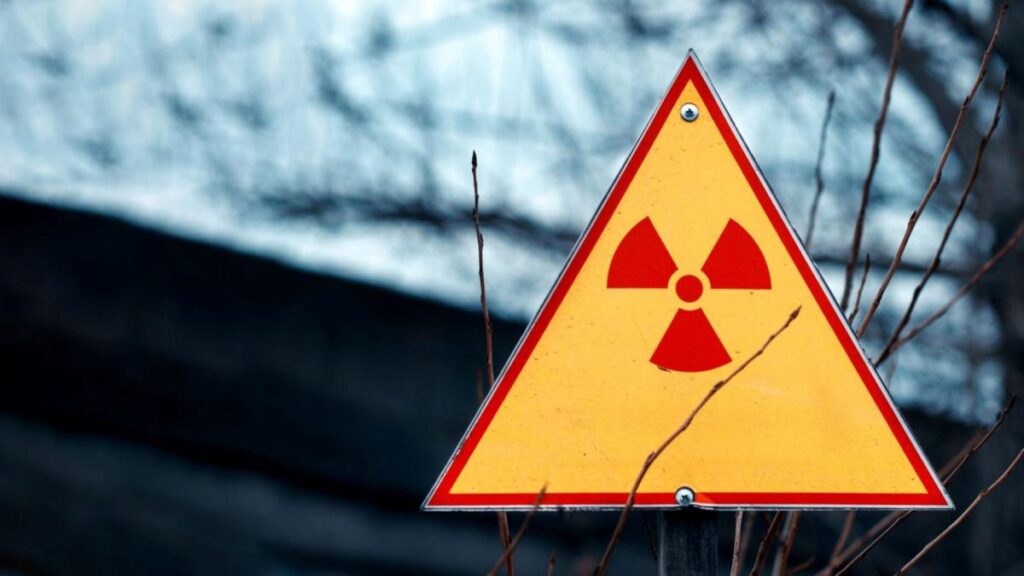France may be on the brink of a significant transformation in its handling of low-level radioactive metals, as French energy company EDF has put forth a proposal to construct a recycling center aimed at repurposing materials from the decommissioned Fessenheim nuclear plant. This center, which will occupy approximately 37 acres near the plant’s site, is designed to process up to 500,000 tonnes (about 551,000 tons) of radioactive metals over a span of 40 years, converting them into everyday items such as door handles, forks, and saucepans. This ambitious initiative seeks to address the ongoing challenges of waste management in a nation that already relies heavily on nuclear power, generating more than 70% of its electricity from nuclear sources, as reported by the International Atomic Energy Agency.
The contrasting perspectives on nuclear energy underscore the heated debate surrounding its role in addressing climate change and energy needs. Supporters of nuclear energy argue that it provides a stable source of abundant, low-cost clean energy, suggesting that it is critical for improving climate resilience. In contrast, critics like Stanford University adjunct professor Amory Lovins advocate for a shift towards renewable sources such as solar, wind, and wave power, claiming they offer a more favorable long-term solution. Amidst this polarization, France’s proposal for recycling nuclear metals represents an effort to balance the nation’s substantial nuclear infrastructure with the pressing need for sustainable waste management practices.
Notably, France is not an outlier in this endeavor; other countries like Sweden, Germany, and the United States have already established protocols to “clean” nuclear metals prior to their conversion into ingots for further recycling. This practice aims to reduce the potential risks associated with radioactivity. However, detractors of EDF’s plan express concern over the health implications, specifically the potential increase in cancer risk stemming from exposure to radioactivity that may persist in recycled materials. This highlights a critical tension between utilizing existing materials and safeguarding public health.
On the topic of radiation exposure, it is crucial to understand the context in which humans interact with radioactive materials. In the United States, for example, individuals are exposed to an average of 0.62 rem of radiation annually, with approximately half of that exposure arising from natural sources. Additionally, medical procedures such as X-rays and certain industrial activities contribute to overall exposure. Nonetheless, an evaluation from the French Commission for Independent Research and Information on Radioactivity in 2021 indicated that recycled nuclear metal would still retain a minimal amount of radioactivity, posing questions about the adequacy of safety measures in place.
Complications surrounding disposal practices for low-level nuclear waste have also been highlighted in the U.S., where the Government Accountability Office called for increased transparency regarding waste management strategies. Certain historical operations, such as the production of ammunition from depleted uranium in Massachusetts, have left a legacy of soil and groundwater contamination that underscores the potential hazards associated with improper handling of radioactive materials. These concerns bolster the argument for stringent regulatory measures and public trust in the governance of nuclear waste recycling and disposal.
In France, public engagement is a key component of moving forward with the proposed nuclear recycling facility. Citizens will have the opportunity to vote on the initiative from mid-October through February of the following year, presenting a democratic avenue for addressing the merits and risks of the project. However, advancing the proposal will require adjustments to existing public health codes and securing environmental clearance, thus illustrating the complexities inherent in balancing innovation in waste management with the imperative of protecting public health and the environment. Through this democratic process, stakeholders aim to ensure that the decision-making reflects the values and concerns of the public while addressing the pressing challenges of nuclear waste management in a country deeply committed to nuclear energy.

